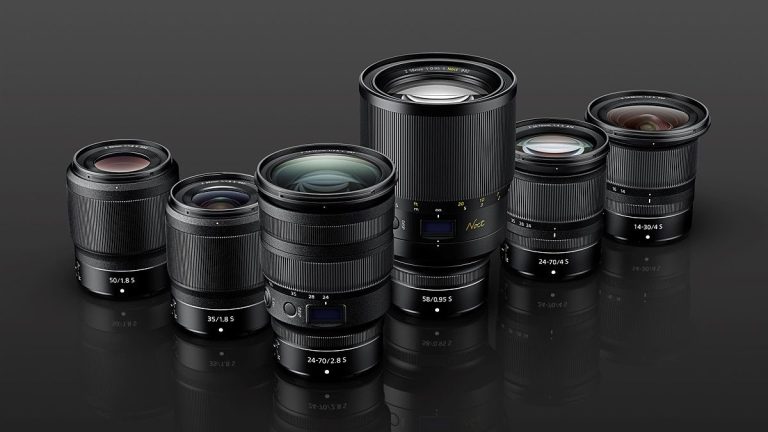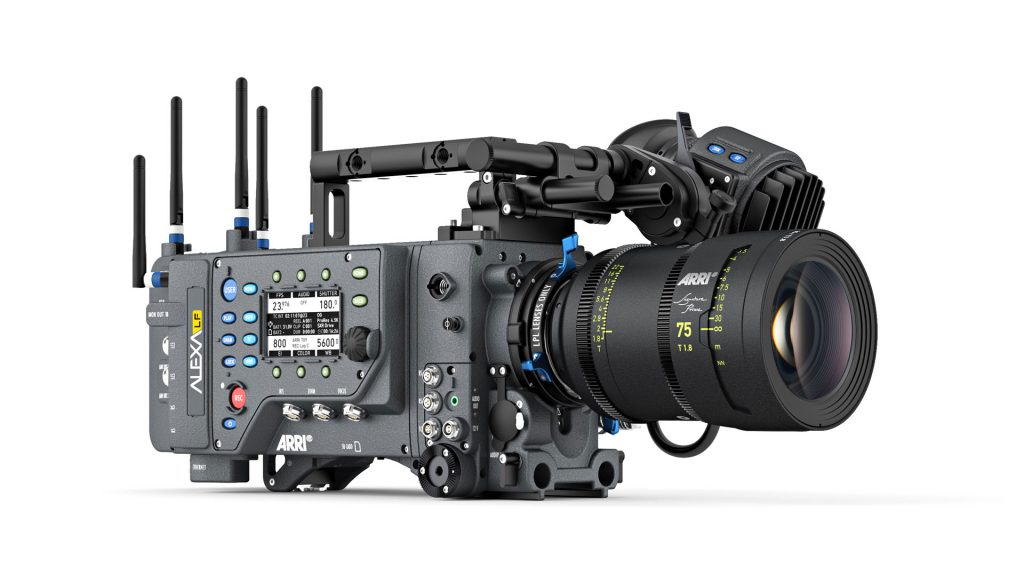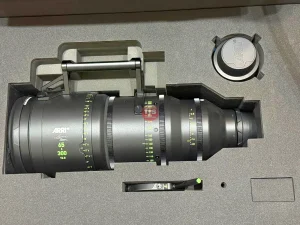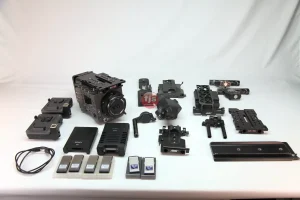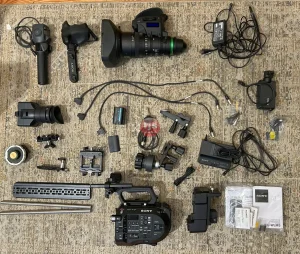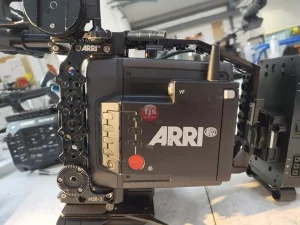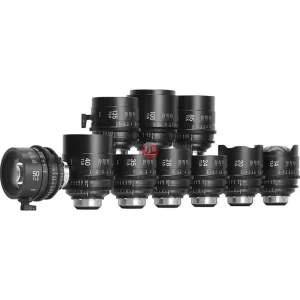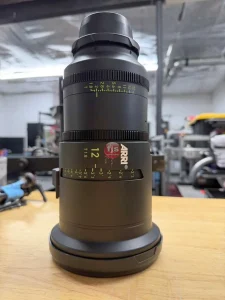Introduction:
Understanding focal length is essential for photographers and videographers alike. The focal length of a lens plays a crucial role in determining the zoom, field of view, and image quality of a captured image or video. In this article, we will dive deep into the concept of focal length, exploring its key features and benefits. By the end, you will have a comprehensive understanding of how focal length affects your photography and videography endeavors.
I. What is focal length?
- Focal length refers to the distance between the lens and the image sensor or film when the subject is in focus.
- The focal length is typically measured in millimeters (mm).
- It determines the magnification and angle of view of the lens.
Answer: The focal length of a lens is a fundamental characteristic that directly impacts the visual properties of an image or video.
II. How does focal length affect zoom?
- Does a higher focal length result in higher zoom capabilities?
- Yes, a higher focal length provides a greater zoom capacity.
- Longer focal lengths allow you to capture subjects that are far away, magnifying them for a closer view.
Answer: Focal length determines the zoom potential, enabling photographers and videographers to bring distant subjects closer.
III. How does focal length affect the field of view?
- How does a shorter focal length affect the field of view?
- A shorter focal length results in a wider field of view.
- This is ideal for capturing expansive landscapes or group shots.
- Does a longer focal length affect the field of view?
- A longer focal length narrows the field of view.
- This is beneficial for isolating subjects and capturing details from a distance.
Answer: Focal length directly influences the width or narrowness of the scene captured, allowing you to adjust the composition accordingly.
IV. How does focal length impact image quality?
- Does focal length affect image distortion?
- Yes, shorter focal lengths tend to introduce distortion, especially at the edges of the frame.
- Longer focal lengths minimize distortion, resulting in more accurate representations of subjects.
- Do different focal lengths affect depth of field?
- Yes, shorter focal lengths have a wider depth of field, keeping more of the scene in focus.
- Longer focal lengths create a shallower depth of field, allowing for selective focus on a specific subject.
Answer: The focal length choice can impact image distortion and depth of field, affecting the overall image quality.
Conclusion:
Understanding focal length is crucial for photographers and videographers seeking to capture stunning visuals. By comprehending the relationship between focal length, zoom capabilities, field of view, and image quality, you can effectively choose the right lens for your desired results. Experimenting with different focal lengths will expand your creative possibilities, allowing you to capture a wide range of subjects in unique and captivating ways.
List of Questions and Answers:
- What is focal length?
- Focal length is the distance between the lens and the image sensor or film when the subject is in focus.
- Does a higher focal length result in higher zoom capabilities?
- Yes, a higher focal length provides a greater zoom capacity.
- How does a shorter focal length affect the field of view?
- A shorter focal length results in a wider field of view.
- Does a longer focal length affect the field of view?
- A longer focal length narrows the field of view.
- Does focal length affect image distortion?
- Yes, shorter focal lengths tend to introduce distortion, especially at the edges of the frame.
- Do different focal lengths affect depth of field?
- Yes, shorter focal lengths have a wider depth of field, while longer focal lengths create a shallower depth of field.

